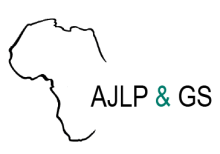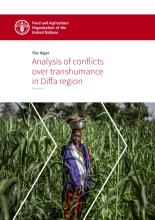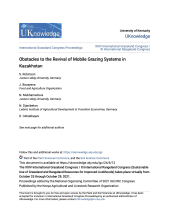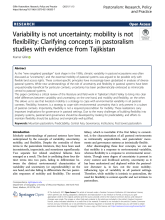Land Library Search
Through our robust search engine, you can search for any item of the over 73,000 highly curated resources in the Land Library.
If you would like to find an overview of what is possible, feel free to peruse the Search Guide.
/ library resources
Showing items 1 through 9 of 70.The pervasiveness of territorial marks in postconflict neighbourhoods elicited this study Relying on residents perceptions the study explored the dynamics underpinning residents use of territorial marks Primary data was collected by administering questionnaires to residents of various neighbourho
Millions of poor people who live in rural areas and rely on agriculture for a living need secure access to productive land. Gender disparities in access to productive resources, such as agricultural land, remain a major concern, especially in Nigeria.
Located in the eastern part of Niger, Diffa region is a vast semi-arid expanse, where the balance between agricultural and pastoral activities is being disrupted by new competition for natural resources and also by conflict between indigenous livestock farmers and transhumant pastoralists.
Livestock mobility was an essential characteristic of Kazakh livestock production systems, allowing animals to take advantage of spatial and temporal variability in climate and vegetation, optimising forage intake over the year. These systems broke down following the end of the Soviet Union.
As the “new rangeland paradigm” took shape in the 1990s, climatic variability in pastoral ecosystems was often discussed as “uncertainty”, and the essential mobility of pastoral systems was argued to be possible only with flexible land access rights.
Rapid population growth in fertile agricultural lands of East Africa creates land scarcity, which has become a major hindrance to land access for the introduction of new horticultural crops.
Agroforestry represents a solution to land degradation by agriculture, but social barriers to wider application of agroforestry persist. More than half of all cropland in the USA is leased rather than owner-operated, and the short terms of most leases preclude agroforestry.
Food crises and ecologization have given rise to a Belgian dynamic that does not behave according to the conventional tripod of agroecology: practitioners, social movement, and scientists.





